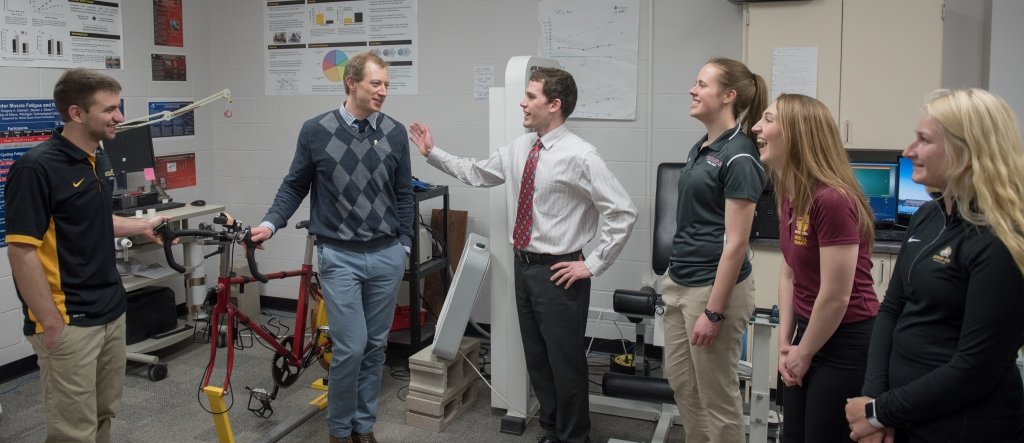Fish Oil Lowers Stress Response

Fish oil supplements may protect the heart in stressful situations, according to a recent research study.
Jason Carter, a researcher at Michigan Technological University, conducted the study with 67 healthy volunteers who were either given nine grams of fish oil pills or nine grams of olive oil as a placebo, over a two-month period. They were screened for heart rate, blood pressure and other related metrics before and after the study.
At the end of the test period, both groups took a mental arithmetic test that involved adding and subtracting numbers in their head. Their stress response was measured at that time. Those who took fish oil supplements for several weeks had a blunted response to mental stress in several measurements of cardiovascular health, including heart rate and muscle sympathetic nerve activity (MSNA), part of the “fight or flight” response, compared to volunteers who took olive oil instead.
Carter’s findings were published in the American Journal of Physiology: Regulatory, Integrative, and Comparative Physiology.
“These results show that fish oil could have a protective effect on cardiovascular function during mental stress, a finding that adds a piece to the puzzle on why taking fish oil helps the heart stay healthy,” said Carter, chair of kinesiology and integrative physiology at Michigan Tech. Future studies might focus on the effects of taking fish oil for longer time periods and examining their effect on older populations or people with cardiovascular disease.
The data supports and extends the growing evidence that fish oil—specifically the omega-3 fatty acids—may have positive health benefits on neural cardiovascular control in humans. It suggests important interactions between fish oil and psychological stress that may contribute to discovering the origins of stress, Carter said.
“In today's fast-paced society, stress is as certain as death and taxes,” he added. “Moreover, our eating habits have deteriorated. This study reinforces that fish oils may be beneficial for cardiovascular health, particularly when we are exposed to stressful conditions.”
Carter offered a last piece of advice: “If you don’t do it already, consider taking fish oil supplementation, or better yet, eat natural foods high in omega-3 fatty acids." Such foods include Alaska salmon, rainbow trout and sardines.
In addition to Carter, other researchers on the project were Christopher E. Schwartz of Michigan Tech and New York Medical College, Huan Yang from Michigan Tech and Michael J. Joyner of the Mayo Clinic.
Michigan Technological University is a public research university founded in 1885 in Houghton, Michigan, and is home to nearly 7,500 students from more than 60 countries around the world. Consistently ranked among the best universities in the country for return on investment, Michigan’s flagship technological university offers more than 120 undergraduate and graduate degree programs in science and technology, engineering, computing, forestry, business, health professions, humanities, mathematics, social sciences, and the arts. The rural campus is situated just miles from Lake Superior in Michigan's Upper Peninsula, offering year-round opportunities for outdoor adventure.




Comments